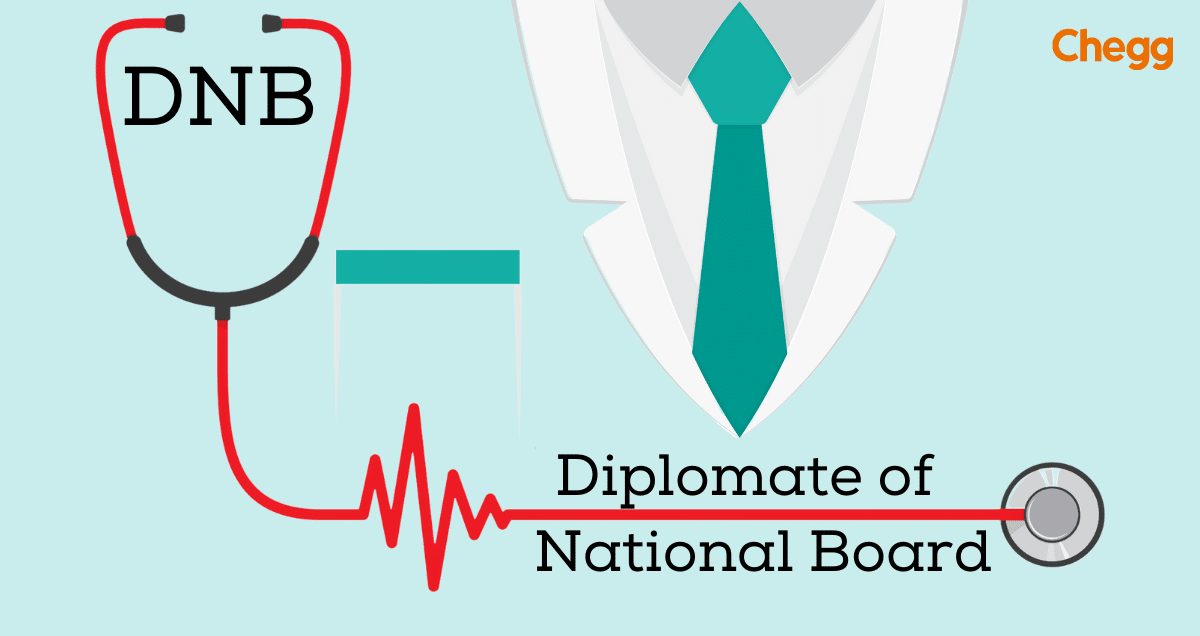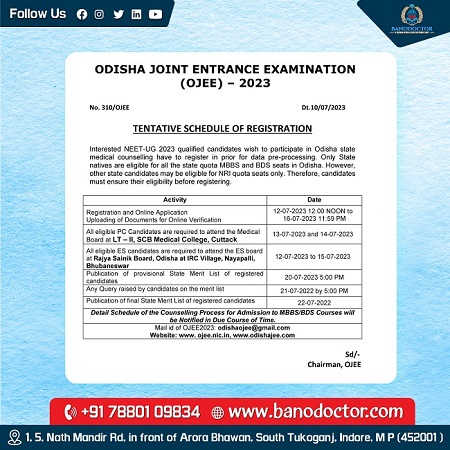
Study BSC Nursing (Post Basic) and BSC Nursing | Bano Doctor is Here to Help You
Study BSC Nursing (Post Basic) and BSC Nursing
BSC Nursing (Post Basic) and BSC Nursing are two distinct nursing programs. While both programs lead to a nursing career, there are significant differences in their qualifying requirements, duration, and focus. The BSC Nursing (Post Basic) program is meant for registered nurses seeking more study and specialization, whereas the BSC Nursing program is a comprehensive undergraduate degree for students beginning their nursing education from the ground up. We will look at the significant distinctions between both apps in this comparison.
BSC Nursing Post-Basic Program
The BSC Nursing Post Basic program is a two-year program aimed to improve the nursing skills of individuals with prior experience in nursing or a related field. Students must have finished Class 12 with a certificate in General Nursing and Midwifery (GNM) and be registered as Registered Nurses and Registered Midwives (RNRM) to be eligible for this program. A written entrance exam is often administered at the university or college level as part of the admissions process. Colleges such as Chitkara University, on the other hand, offer admission based on merit. For additional information, please see the BSC Nursing Admissions Process. Nursing Foundation, Psychology, Medical & Surgical Nursing, Microbiology, and Maternal Nursing are among the disciplines studied in the PB BSC Nursing program.
In addition, for those who prefer distance learning, IGNOU provides a PB BSC Nursing program for less than INR 60,000. The program might last from three to five years.
| Course Level | Undergraduate |
| Duration | 2 Years |
| Admission Process | JIPMER, IGNOU OPENNET |
| Eligibility | GNM/Registered Nurse |
| Average Fees | INR 20,000 - 1,00,000 |
| Job Type | Chief Nursing Officer, Critical Care Nurse, |
| Rehabilitation Specialist, Nursing Manager | |
| Job Areas | Hospitals, Nursing homes, Defense services |
| Average Salary | INR 3,00,000 - 5,00,000 |
Qualification Criteria for BSC Nursing (Post Basic)
Consider the following prerequisites to see if you match the qualifying criteria for BSC Nursing (Post Basic):
- Qualification: After passing 10+2 or an equivalent qualification, you must have finished the GNM (General Nursing and Midwifery) course. It is preferable to have a scientific background.
- Alternative Nursing Courses: If you have not completed GNM, you must obtain a credential in any 6 to 9-month nursing course.
- Nursing Registration: You must be a Registered Nurse/Registered Midwife or have an equivalent registration with one of the state nursing registration councils.
- Language and health requirements: You must have a solid working knowledge of English, be physically healthy, and have a 1-2 year satisfactory personal and professional record.
Entrance Tests for BSC Nursing (Post Basic) Admission
There are no separate entrance tests for BSC Nursing (Post-Basic) admission. Top nursing institutions in India, on the other hand, may hold their own written tests or admission examinations to assess applicants' subject knowledge and skills. It is recommended that you consult the official websites or admission brochures of the relevant institutions for further information on the admission procedure and any requisite entrance examinations.
| Exam Name | Application Date | Exam Date |
|---|---|---|
| AIIMS BSC Nursing Post Basic Exam | Feb 15, 2024 - April 20, 2024 | June 3, 2024 |
| IGNOU OPENNET | Nov 21 - Dec 25, 2024 | Jan 08, 2024 |
| AUAT | Jun-24 | Jul-24 |
| PGIMER Entrance Exam | Apr-24 | Aug-24 |
To get into a good BSC Nursing (Post Basic) College, You must first complete the following steps
Conduct extensive research on reputable BSC Nursing (Post Basic) colleges and their admission criteria. Learn about their selection process, qualifying requirements, and key dates.
Entrance tests
For BSC Nursing (Post Basic) admission, many colleges hold entrance tests. Get previous year's question papers and mock exams to practice and become acquainted with the exam style and syllabus. Biological Sciences, Behavioural Sciences, Fundamentals of Nursing, Community Health Nursing, English, Medical-Surgical Nursing, Mental Health and Psychiatric Nursing, Midwifery and Gynaecological Nursing, and Paediatric Nursing are some of the subjects to concentrate on. Refer to the Indian Nursing Council's syllabus for General Nursing Midwifery.
Preparation
Set aside enough time to study and prepare for the entrance tests. Create a study plan, seek advice from experienced instructors or mentors, and make good use of study materials and resources.
Interviews and Written examinations
As part of the admissions process, some universities may conduct interviews and written examinations. Practice typical interview questions, improve communication skills, and improve written communication abilities to prepare for these.
Keep Up to current
Check the official websites of the universities you're interested in on a regular basis to stay up to current on significant dates, cut-off marks, application forms, and other pertinent information.
Maintain a Competitive Edge
Strive for academic excellence and a solid academic record. To raise your profile, get involved in extracurricular activities, community service, and relevant healthcare initiatives.
Remember that admission criteria and processes differ amongst institutions, therefore it is critical to properly investigate and comprehend the requirements of each university to which you are applying.
Syllabus for BSC Nursing (Post Basic)
Semester I
- Nutrition & Dietetics Nursing Foundation
- Psychology
Semester II
- Biochemistry and Biophysics
- Molecular Microbiology in Maternal Nursing
- English (Qualifying) Child Health Nursing
Semester III
- Nursing in Medicine and Surgery
- Nursing Community Health Sociology
Semester IV
- Mental Health Nursing
- An Overview of Nursing Education
- Nursing Administration Overview
- Statistics in Nursing Research
Best College for BSC Nursing (Post Basic) Program
The BSC Nursing (Post Basic) program is available at numerous major colleges in India. The best college for you will be determined by characteristics such as reputation, infrastructure, professors, clinical exposure, and placement prospects. Here are some prestigious institutes in India offering BSC Nursing (Post Basic):
- AIIMS (All India Institute of Medical Sciences) in Delhi
- Christian Medical College (CMC), Tamil Nadu
- Vellore Armed Forces Medical College (AFMC)
- Pune Post Graduate Institute of Medical Education and Research (PGIMER), Maharashtra
- Chandigarh Rajiv Gandhi University of Health Sciences (RGUHS)
- Bangalore Baba Farid University of Health Sciences (BFUHS), Faridkot, Punjab
- King George's Medical University (KGMU), Lucknow, Uttar Pradesh
- Manipal College of Nursing, Karnataka
- Chennai's Sri Ramachandra Institute of Higher Education and Research, Tamil Nadu
Fee Structure of BSC Nursing (Post Basic)
The Fees of a BSC Nursing (Post Basic) degree vary based on the institution and area. The Fees structure may possibly change in the future. However, the following is a standard pricing range for the BSC Nursing (Post Basic) program:
- Government: Fees in government or public institutions might range between INR 20,000 and INR 50,000 per year.
- Private: Fees at private colleges might range from INR 50,000 to INR 1,000,000 per year.
The Employment Opportunities available after graduating from BSC Nursing (Post Basic)
- Registered nurses care for patients and promote health.
- Nursing Professor: Educates nursing students and professionals.
- Staff Nurse: Assists doctors and cares for patients.
- Rehabilitation Specialist: Assists individuals suffering from mental and psychological illnesses.
- Critical Care Nurse: Works in critical care units and checks the health of patients.
- Nurse Manager: Manages and supervises nursing staff in hospitals.
- Community Health Nurse (CHN): Promotes and educates employees about community health.
Following completion of their degree, BSC Nursing (Post Basic) students can pursue the following options
- MSC in Nursing
- Hospital Administration Master's Degree
- MBA in Nutrition & Dietetics Healthcare Management
- MBA Hospital Administration
- MBA Pharmaceutical Administration
Differences between BSC Nursing (Post Basic) and BSC Nursing
Bachelor of Science in Nursing (Post-Basic)
- Designed for professionals with a background in nursing or a related discipline.
- The duration is two years.
- Eligibility: Class 12 completion with a certificate in General Nursing and Midwifery (GNM) and registration as a Registered Nurse or Registered Midwife (RNRM).
- Improves existing nurses' nursing abilities and knowledge.
- Admission may be granted based on merit or through entrance tests administered by some universities.
- Allows for nursing specialization and advancement.
BSC Nursing
- Designed for students with a science background who have finished Class 12 or equivalent.
- The duration is four years.
- Eligibility: Completion of Class 12 with obligatory courses in Physics, Chemistry, Biology, and English.
- Gives you a solid foundation in nursing theory, skills, and practice.
- Entrance tests administered by colleges or universities are often used to determine admission.
- Students are prepared for a future as a registered nurse in a variety of healthcare settings.
Conclusion
The decision between BSC Nursing (Post Basic) and BSC Nursing is influenced by personal circumstances and career ambitions. The BSC Nursing (Post Basic) program allows registered nurses to advance their abilities and pursue specialized roles, whilst the BSC Nursing program provides a solid foundation for those just beginning their nursing studies. Both programs give exciting job options in healthcare settings and contribute significantly to the healthcare business. To make an informed selection about which program best corresponds with their professional goals, aspiring nurses must carefully analyze their skills, interests, and future aspirations.
Frequently Asked Questions(FAQS) - Study BSC Nursing (Post Basic) and BSC Nursing
The BSc Nursing (Post Basic) program is a two-year program developed for registered nurses who want to specialize and extend their education. BSc Nursing, on the other hand, is a thorough four-year undergraduate degree for students who are just beginning their nursing study.
You must have finished Class 12 with a certificate in General Nursing and Midwifery (GNM) and be registered as a Registered Nurse and Registered Midwife (RNRM) to be eligible for BSc Nursing (Post Basic). If you have not completed GNM, you may need to do a 6 to 9-month nursing course.
Registered nurses, staff nurses, nursing professors, rehabilitation specialists, critical care nurses, nurse managers, and community health nurses are just a few of the jobs available to BSc Nursing graduates. They can work in hospitals, nursing homes, community healthcare, and the military.









































![Online Application Form for the National Eligibility-cum-Entrance Test [(NEET (UG)] 2024](https://www.banodoctor.com/public/notifications/1707717098.webp)







